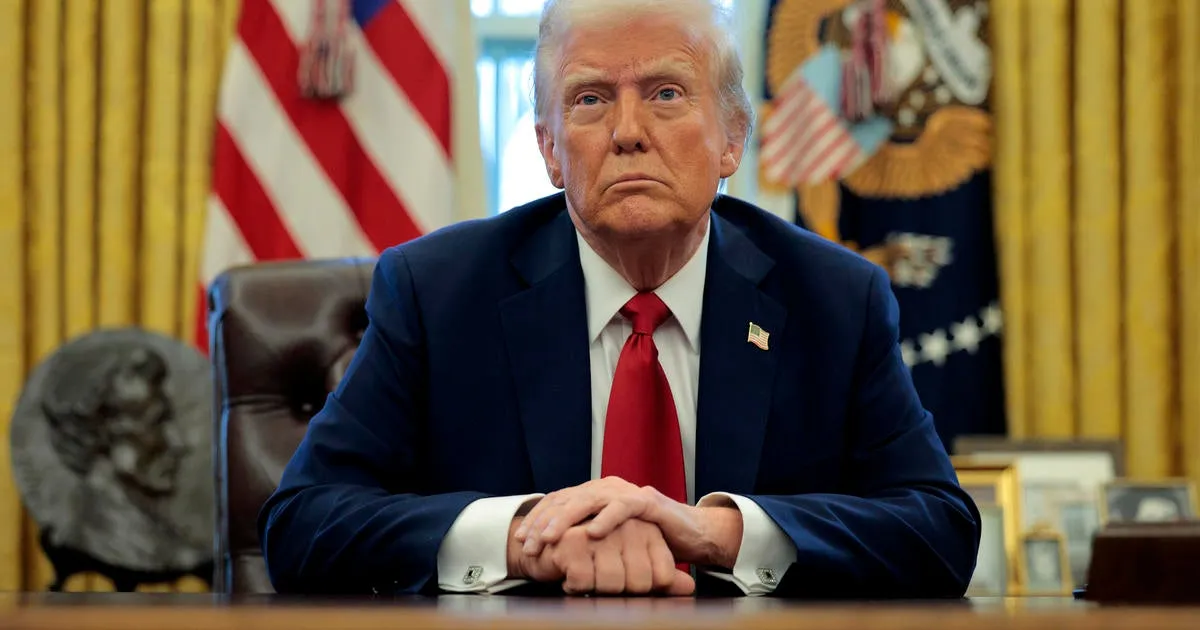
President Donald Trump is set to sign an executive order that will declare English as the official language of the United States, according to multiple sources within the White House, as reported by CBS News. While English is currently the most widely spoken language in the country, the U.S. has not had an official language at the federal level until now.
The Wall Street Journal was the first to break the news about the impending executive order. This significant move will revoke a federal mandate established during the administration of former President Bill Clinton, which required federal agencies and recipients of federal funding to provide language assistance to individuals who do not speak English. However, it is important to note that agencies will still retain the option to offer documents and services in other languages, ensuring that non-English speakers are not entirely excluded.
The Trump administration has articulated that the primary objectives behind this executive order are to promote national unity, enhance governmental efficiency, and create a clearer pathway for civic engagement among citizens. By establishing English as the official language, the administration believes it will foster a more unified national identity.
Efforts to pass legislation declaring English as the official language have been ongoing among Republican members of Congress but have yet to succeed. Despite this, several states have already designated English as their official language, reflecting a broader trend in state-level governance.
During his campaign last year, President Trump expressed strong sentiments regarding the influx of other languages into the United States. At the Conservative Political Action Conference (CPAC), he remarked, "We have languages coming into our country... it's the craziest thing — they have languages that nobody in this country has ever heard of. It's a very horrible thing." His comments underscore his administration's focus on promoting English as a cornerstone of American identity.
This executive order is poised to spark discussions about language policy and its implications for multiculturalism in the United States. As the nation moves toward this potential change, it remains to be seen how it will affect the diverse linguistic landscape of the country.